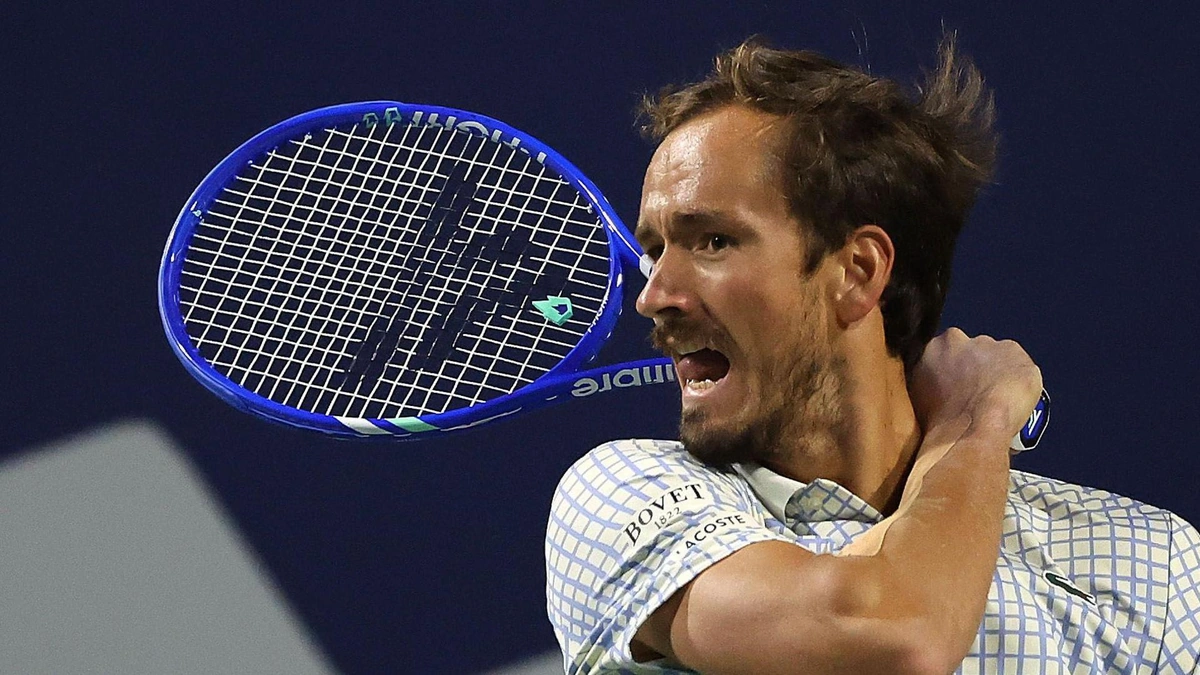Dmitry Medvedev . The name probably rings a bell, right? But let’s be honest, for many outside of Russia (and maybe even inside), he’s often seen as just… Putin’s former place holder. The guy who warmed the presidential seat for a term while Putin navigated term limits. But here’s the thing: that’s a massive oversimplification. We need to understand why Medvedev still matters, and what his pronouncements actually signal.
See, dismissing him as just a puppet is like ignoring the weather vane because you only care about the house. He may not be the primary source of the wind, but he shows you which way it’s blowing. And lately, that wind has been carrying some pretty wild gusts.
Medvedev’s Evolution | From Liberal Hope to Hardline Hawk

Remember the Medvedev of the late 2000s? The one who talked about modernization, innovation, and even hinted at political reforms? Seems like a lifetime ago, doesn’t it? What fascinates me is how dramatically his public persona has shifted. But, before we get into that shift, it’s important to note the political climate surrounding this change. His early career seemed to present him as a more open-minded leader. This is precisely why understanding his recent statements is so important.
Now, he’s known for… well, let’s just say a much more aggressive rhetoric. Think hawkish pronouncements about the West, nuclear threats, and generally taking a hardline stance on pretty much everything. So, what happened?
That’s the million-dollar question. Some analysts believe it’s a genuine ideological shift. Others suggest he’s playing a specific role within the Kremlin power structure – a kind of “designated bad cop” who can float extreme ideas to gauge public reaction and push the Overton Window. Still, others think it’s simply about staying relevant in a system where loyalty and demonstrable toughness are highly valued. Whatever the reason, Medvedev’s transformation is hard to ignore.
Why His Words Still Carry Weight
Okay, so he might be the Kremlin’s designated provocateur. But why should we care what he says? Here’s the thing: he’s not just some random pundit on state TV. He holds significant positions – Deputy Chairman of the Security Council of Russia, to name one. These are positions from which important decisions and discussions can happen.
And, while it’s tempting to dismiss his statements as mere bluster, they often reflect (or at least test) the Kremlin’s thinking. Remember, he was President. He knows where the bodies are buried, so to speak. Therefore, understanding Dmitry Medvedev’s statements can offer clues to the underlying currents in Russian foreign policy. It provides insights you won’t get elsewhere.
It’s like watching a chess game: you might focus on the Queen, but sometimes the Pawn’s movement reveals the larger strategy. And Medvedev , in this analogy, is often that revealing Pawn.
Analyzing the Rhetoric | What Is He Really Saying?
Let’s get specific. What kinds of things are we talking about? Well, he’s been consistently vocal (and often alarmist) about the conflict in Ukraine, frequently using language that borders on apocalyptic. He routinely criticizes Western governments and institutions, accusing them of Russophobia and meddling in Russia’s internal affairs. And, of course, there’s the occasional veiled threat involving nuclear weapons. Understanding these statements is vital.
But let’s dig a little deeper. It’s not just about the words themselves, but also the timing and context. Are these statements being made during periods of heightened tension with the West? Are they coinciding with specific military actions or political developments? Often, analyzing Medvedev’s rhetoric involves reading between the lines and considering the broader geopolitical landscape.
It reminds me of those old Cold War days where Kremlinologists poured over speeches looking for hidden meanings. Today, the game is a little different, but the principle remains the same: pay attention to what’s not being said, as well as what is.
The Implications for US Foreign Policy
Now, for the big question: What does all this mean for the United States? Well, for starters, it underscores the need for a nuanced and sophisticated understanding of Russian politics. Dismissing Medvedev as a mere echo chamber is a dangerous mistake. We have to assess his statements and determine the true ramifications of what he is saying.
It also highlights the importance of maintaining open lines of communication, even with those who espouse views we find objectionable. Diplomacy isn’t about agreeing with everyone; it’s about understanding their motivations and preventing misunderstandings that could lead to escalation.
Frankly, ignoring figures like Medvedev is a luxury the US simply can’t afford. In a world increasingly defined by geopolitical uncertainty, understanding all the players – even the seemingly marginal ones – is crucial for safeguarding American interests and promoting global stability.
FAQ | Decoding Medvedev – Your Questions Answered
What exactly is Medvedev’s current role in the Russian government?
He currently serves as the Deputy Chairman of the Security Council of Russia, a key advisory body to the President.
Should I take his nuclear threats seriously?
While some analysts dismiss them as bluster, it’s always prudent to take such statements seriously, given the potential consequences.
Is he more powerful than the Russian Prime Minister?
Power dynamics in the Kremlin are complex and often opaque. It’s difficult to say definitively, but his position on the Security Council gives him significant influence.
Where can I find reliable sources for tracking his statements?
Official Russian government websites (in translation) and reputable international news organizations are good places to start.
So, the next time you see Dmitry Medvedev’s name in the headlines, don’t just roll your eyes and dismiss him as irrelevant. Take a moment to consider what he’s saying, why he’s saying it, and what it might tell you about the ever-shifting landscape of global politics. It might just give you a glimpse behind the curtain. And in today’s world, that’s a valuable thing indeed.




